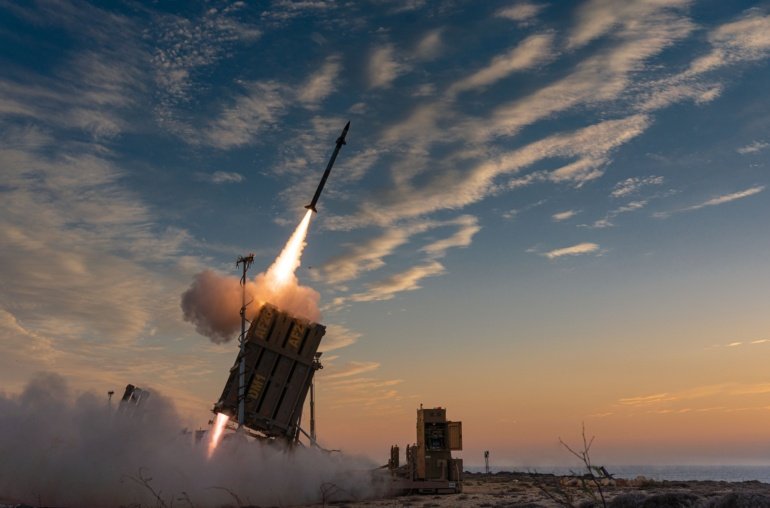Bitcoin mining has been a rollercoaster ride for many operators due to high market volatility. However, some operators have reported significant profits, totaling over $3.40 million in just one week. This surge in profit comes at a crucial time after a period of uncertainty in operational costs and Bitcoin’s value, requiring miners to adapt quickly to the changing landscape of the cryptocurrency market.
Data from the analytic platform CryptoQuant highlighted notable surges in miners’ realized profits, with early miners making over $1.8 million in mid-July. Electricity costs play a crucial role in determining the profitability of Bitcoin mining, as the process consumes a significant amount of energy, leading to high operating costs. In many regions, electricity prices range from $0.10 to $0.20 per kWh, but some miners have secured lower rates of $0.06 to $0.09 per kWh through renewable energy sources. This lower cost is essential for profitability, as if the price of Bitcoin falls below $53,000, most miners will incur losses.
The mining process is energy-intensive, and miners constantly balance their energy costs against rewards. With rewards shrinking to 3.125 BTC per block during the latest halving event, miners must minimize costs to ensure sustainability. Market fluctuations also impact mining profitability, as miners’ behavior can influence prices. For example, a surge in prices in mid-July led to expectations that miners would sell off their holdings, causing a subsequent price decline. Miners reduced their reserves by selling BTC to capitalize on market euphoria following the ETF launch of Ethereum, demonstrating the impact of miners’ behavior on market prices.
Despite market turbulence, miners have shown resilience by upgrading their equipment to more efficient models. This not only helps maintain profitability but also positions them favorably in the event of industry consolidation. As less efficient miners exit the market, stronger operations may emerge that can withstand future challenges.
The future of Bitcoin mining will depend on how well miners adapt to economic pressures, such as unpredictable energy costs and fluctuating Bitcoin prices. The profit landscape is narrowing, with only a few mining rigs remaining viable at current price levels. As miners navigate these challenges, the industry may see further changes and innovations to ensure sustainability and profitability.
Overall, Bitcoin mining continues to be a dynamic and evolving industry, with operators facing a range of challenges and opportunities. By staying agile and adapting to market conditions, miners can navigate the volatility and uncertainty to secure their place in the ever-changing world of cryptocurrency mining.




